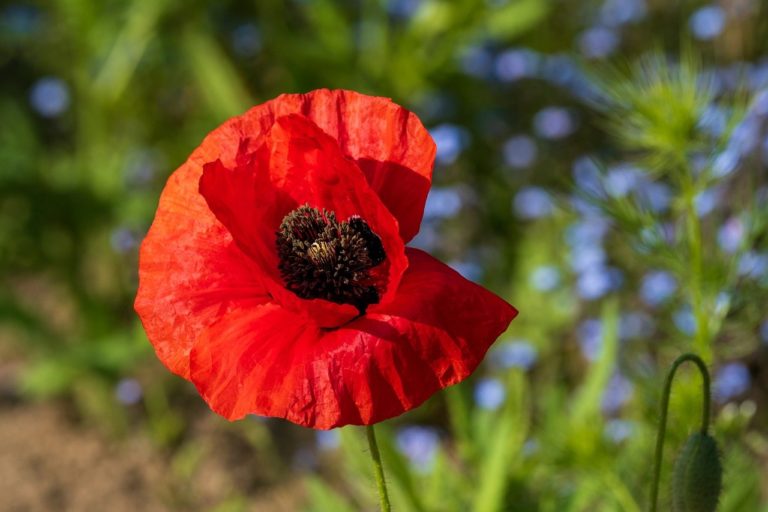Bridging Legal Frameworks with Indigenous Narratives: The Significance of Interviewing Snotty Nose Rez Kids (SNRK) for the Professional LL.M in Dispute Resolution Course at Osgoode Hall Law School

As a co-professor of the “In Search of Reconciliation Through Dispute Resolution” course at Osgoode Hall Law School, alongside my esteemed colleague Marc Bhalla, I am continually exploring innovative ways to enrich our curriculum and deepen our understanding of reconciliation. Marc’s brilliant suggestion to interview the Indigenous hip-hop duo Snotty Nose Rez Kids (SNRK) is a testament to our shared commitment to this cause.
Why SNRK, you might ask? As an Indigenous legal educator and dispute resolution practitioner, I’ve come to recognize that the pathway to reconciliation is not just through colonial legal discourse. It is a multidimensional endeavor that intersects with diverse aspects of society — including music and the arts. SNRK’s work epitomizes the fusion of cultural vitality and political activism, offering a unique window into the contemporary Indigenous experience.
The music of Snotty Nose Rez Kids transcends headphones and concert halls; it has the potential to resonate within the collective consciousness of non-Indigenous peoples (of all ages) who want to learn about reconciliation, urging them through the advocacy of hip hop to face the truths of colonization and how they can unpack it professionally. Led by Darren “Young D” Metz and Quinton “Yung Trybez” Nyce, SNRK creates powerful anthems that advocate for justice and tell impactful stories of identity, perseverance, and empowerment.
Let’s delve into the reasons why their inclusion is a pivotal piece of the LL.M in Dispute Resolution course puzzle:
Living Testaments of Indigenous Law and Culture: By weaving traditional Indigenous stories and values into their music, SNRK offer living, breathing testaments to the very laws and cultural practices we examine in our course. Their art is a medium for living law, providing insight into how these laws manifest in contemporary contexts.
A Lens into the Truth of Reconciliation: Reconciliation demands truth. SNRK’s lyrical storytelling presents truths that are often ignored or misunderstood in mainstream dialogues. As future negotiators and mediators, students in the course must grasp the full spectrum of these truths to effectively contribute to the reconciliation process.
Elevating Voices for Change: The Truth and Reconciliation Commission calls for the amplification of Indigenous voices in all areas of Canadian life. By featuring SNRK—alongside Elders—as a key component of our course, we are answering this crucial call to action and illustrating the essential role of Indigenous perspectives in education and beyond.
Personalizing the Impact of Colonialism: Students often grasp concepts more firmly when they can associate them with personal narratives. SNRK articulates the personal impacts of colonialism, bringing an indispensable dimension to the theoretical frameworks explored in our readings and discussions.
Informing Effective Advocacy: As legal advocates, understanding the communities we serve is paramount. SNRK’s messages shine a light on advocacy from an Indigenous viewpoint, guiding our students on how to best serve these communities in a respectful, informed manner.
Countering Performative Allyship: In a course where we critically assess “performative allyship,” SNRK’s candid commentary on the subject provides tangible learning examples, pushing our students to move beyond superficial gestures towards meaningful action.
Co-professor Marc Bhalla’s foresight in welcoming SNRK back to our course, marking their second engagement since their initial visit in 2022, solidifies the forward-thinking and cross-disciplinary ethos our course is known for. The excitement is palpable as we approach our interview with Darren “Young D” Metz and Quinton “Yung Trybez” Nyce this week ‘live’ via Zoom in our class, which will undoubtedly enrich our curriculum and inspire our students to challenge and expand beyond the usual colonial legal frameworks for “figuring stuff out”.
This dialogue with SNRK is not just an exercise in cultural appreciation; it is a pivotal moment that promises to ignite significant conversations among the students taking, “In Search of Reconciliation Through Dispute Resolution”. We eagerly anticipate how these exchanges will inspire student-professionals to introspect and examine both personal and collective roles in the ongoing journey toward reconciliation.
As we anticipate our interview with SNRK, we unite in the spirit of a shared journey—one steeped in the principles that underpin not just Indigenous pedagogy, but universal human values: deep listening, continual learning, and collaborative transformation. This event signifies more than an academic exercise; it is a living embodiment of the reconciliation process, inviting students from all backgrounds to participate in a meaningful exchange. Through this communal experience, we honor the traditional and the contemporary, weaving together a fabric of mutual understanding that respects the individual and collective narratives within our diverse worldviews inside the professional law classroom, still searching for reconciliation.
SNRK Discography
Albums
- Snotty Nose Rez Kids (2017)
- The Average Savage (2017)
- TRAPLINE (2019)
- Life After (2021)
- I’M GOOD, HBU? (2022)
EPs
- Born Deadly (2020)
Singles
- “The Warriors” (2018)
- “Homeland” ft. Mob Bounce (2018)
- “Creator Made an Animal” ft. Boslen (2019)
- “I Can’t Remember My Name” ft. Shanks Sioux (2019)
- “Real Deadly” (2020)
- “Cops with Guns Are the Worst!!!”
- “Boujee Natives” (2022)
- “Red Future” ft. Electric Fields (2024)
Compilation albums
- Tiny House Warriors (2018)
